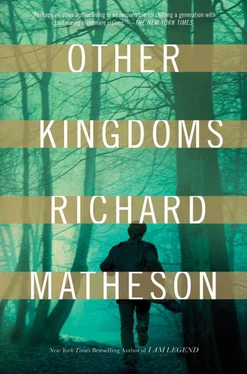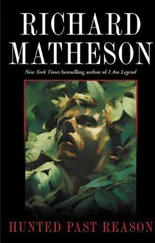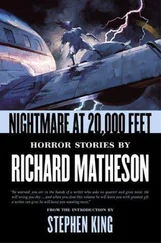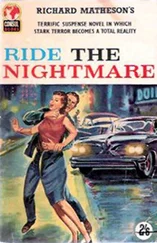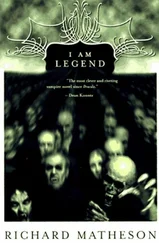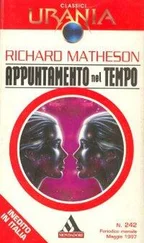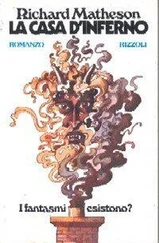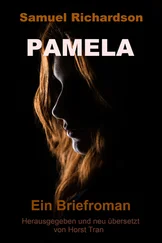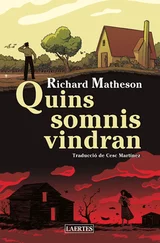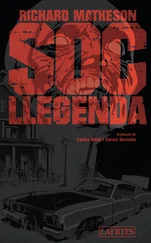Harold was right. Gatford was gorgeous. I believed it from my first view. I had reached the crest of a hill that overlooked… what? A sight no Technicolor image could match, much less surpass. Vivid colors—lustrous green for the carpeting of grass; deep-colored green for the foliage of ancient, warplimbed trees and distant mountain growth; pale, ethereal violet for the sky. And in the midst of this unearthly scene, an eye-catching gray stone cottage with a sloping roof of slate tiles, a covered chimney, two windows, and what appeared to be an open, welcoming doorway.
Below me was a modest stone enclosure. For a cow? I wondered. A sheep, a horse? Behind that was a mini-grove of what looked like pine trees and another tree (or giant bush) with a closely packed bouquet of orange yellow flowers topping it. Through the background of this idyllic landscape was a narrow, gently flowing stream. Heaven, I thought. A universe apart from Brooklyn, New York, a triple-cosmos distant from Captain Bradford—what was his last name again? I could not recall. Or chose not to, gazing at this vista of paradise.
Immediate questions vied for my attention. Was this the cottage Harold told me to buy? That was too coincidental to accept. In any case, was the cottage for sale or rent? If so, how would I pay for it? My army discharge pay would give me a few months’ rent, I assumed. But purchase? With what, my lump of gold? Hardly. The gold was, likely, worth more than the cottage—if it was for sale, and who would sell and depart from this ambrosial spot? No, the gold had to be sold. But to who? (Whom?) No idea.
And so I stood there wondering, conjecturing, dreaming, for a long time. Until the sunlight had shifted and shadows began to creep across my property. (In my dreaming, I was already its owner.)
* * *
Realizing, then, that I was much in need of something to eat and a place to sleep for the coming night, I stood, grimacing as I always did when exerting pressure on my hip and leg, and started in the direction I took to be toward the town.
As I have often been, my geographical instinct was completely awry. Not—except for mounting hunger and hip-leg discomfort—that I minded. Why? Because (despite the fact that each ensuing view could not possibly equal the breathless delight of my first vision) I was exposed—or exposed myself, to be strictly accurate—to a virtually endless panorama of exquisite (to me, anyway) properties. A brick cottage in varied shades of pink, its face almost covered by an immense rosebush—with two three-sectioned leaded windows on its first and second floor, a gray wood door on the first, a sloping, dark brown tile roof. In front of the cottage was a panoply of spring flowers in yellow, orange, white, and different shades of red; two great cypress trees stood like sturdy guardians near the front edge of the garden, and the property had (not surprisingly) deep green lawns and dark green trees. No stream here. It wasn’t necessary.
A double-chimneyed, slate-roofed cottage made of mottled, textured stone and matrix of chalk and green sand. (I was told this later, lest you think I was an architectural scholar.) The design (I was also later informed) was foursquare—windows evenly placed with a central door, this one with a rose-hooded archway; hedges and trees and bright green lawns covered the rest of the property. Another eyecatching masterpiece. In the distance, the stream again. Perfect.
A red brick beauty with a heavily thatched roof that reached almost to the ground, windows on the second floor wearing hoods of straw. Enormous trees behind it, limbs in twisted growth, foliage thick. A long row of hedges in front, beyond that the sea green lawn. Far off, a slight view of the stream. Perfect again.
I might have walked (or rather, limped) the day away if I’d allowed it to happen. As it was, I saw a good many more of cottaged properties than I have described. You get the point, though. If Gatford was a beautiful woman, I had fallen hopelessly in love with her.
* * *
My tale grows darker here.
Access to the village—which I finally located in the middle of the afternoon (was that the “middle” Harold warned me to avoid?) was across a bridge that had none of the charm I’d seen repeatedly while searching for the village. Instead, the three-arched stone bridge was dark brown in color, approaching black. Its broadwall was cracked and broken, its dirt walk overgrown with dying weeds. Its two stream footings (the stream was wider here) looked on the verge of crumbling. The entire appearance of the bridge was one of—how shall I put it? If the bridge could speak, it would surely say, “Don’t bother crossing me, you aren’t wanted on the other side,” the other side conveying two visions, both ominous. One, an expanse of yellowing lawn on which two blackbirds sat like miniature statues; were they statues or real, unmoving creatures?
They were real, for they flapped away (sluggishly) as I started across the bridge. Did I imagine a sensation of physical discomfort as I crossed? Probably—the appearance of the bridge was certainly enough to put one “off one’s game” as they express it in Blighty. Whatever the reason, I felt undeniably queasy. Which feeling did not abate on the other side, because of the second vision—what might have been taken initially for a church, but then as a construction fully as menacing as (or more so than) that of the bridge. Its belfry turret, churchlike façade, and arched windows were all encased or framed with lumps of limestone and flint. On each corner of the thatch-covered roof was a tower. On top of one—it seemed mockingly to me—stood a stone cross. On top of the other three were the stone figures of great birds about to take flight. I could not imagine anyone sitting in that Gothic structure, seeking God. On the contrary, to me (or to my Arthur Black persona; even at eighteen it was present) it seemed more like a proper setting for one of my later novels. MIDNIGHT ABBEY.
But enough of that. I was not looking for a forbidding first impression. I had loved everything I’d seen until now. Why let Arthur Black’s bleak, impending disposition undo my pleasure? I would not. I moved on.
To more Arthur Black versus Lasting Optimism moments. Who can say which was the victor? It was a battle royal. A nasty squabble, at any rate. For the more I saw of the village, the less enchanted I became. Instead of perfection, the cottages seemed slipshod, thrown up with lack of interest, certainly lack of care. Hurriedly, in fact. As though—
No, no, I struggled. Arthur Black be gone! I didn’t call him by name then; he didn’t exist yet.
But I really had to fight the negative reaction. Oh, it was somewhat better as I reached what I suppose, laughingly, could be described as “downtown” Gatford, a gathering of cottages close together, uninviting shops, and narrow alleys. Not much better.
In one of the alleys, I ran across the Golden Coach, a pub. Not a charmer, not inviting, totally belying its romantic name. But nonetheless a pub, and I was both thirsty and hungry. So I entered same in search of respite. Did I find it? Judge for yourself as I describe what happened.
“ ’Ello, soljer,” said the man behind the counter.
The interior was so dimly lit that I didn’t see him at first, seeing only dark paneled walls, dark chairs and tables, one small window.
I then caught sight of the barkeep, a bulky bearded man with jet-black hair, wearing an oversize red-stained shirt (not with blood, I trusted), his arms and hands thick with beardlike hair. Despite his apelike appearance, he seemed amiable enough. “Y’new in Gatf’d?” he added to his initial greeting.
Читать дальше
